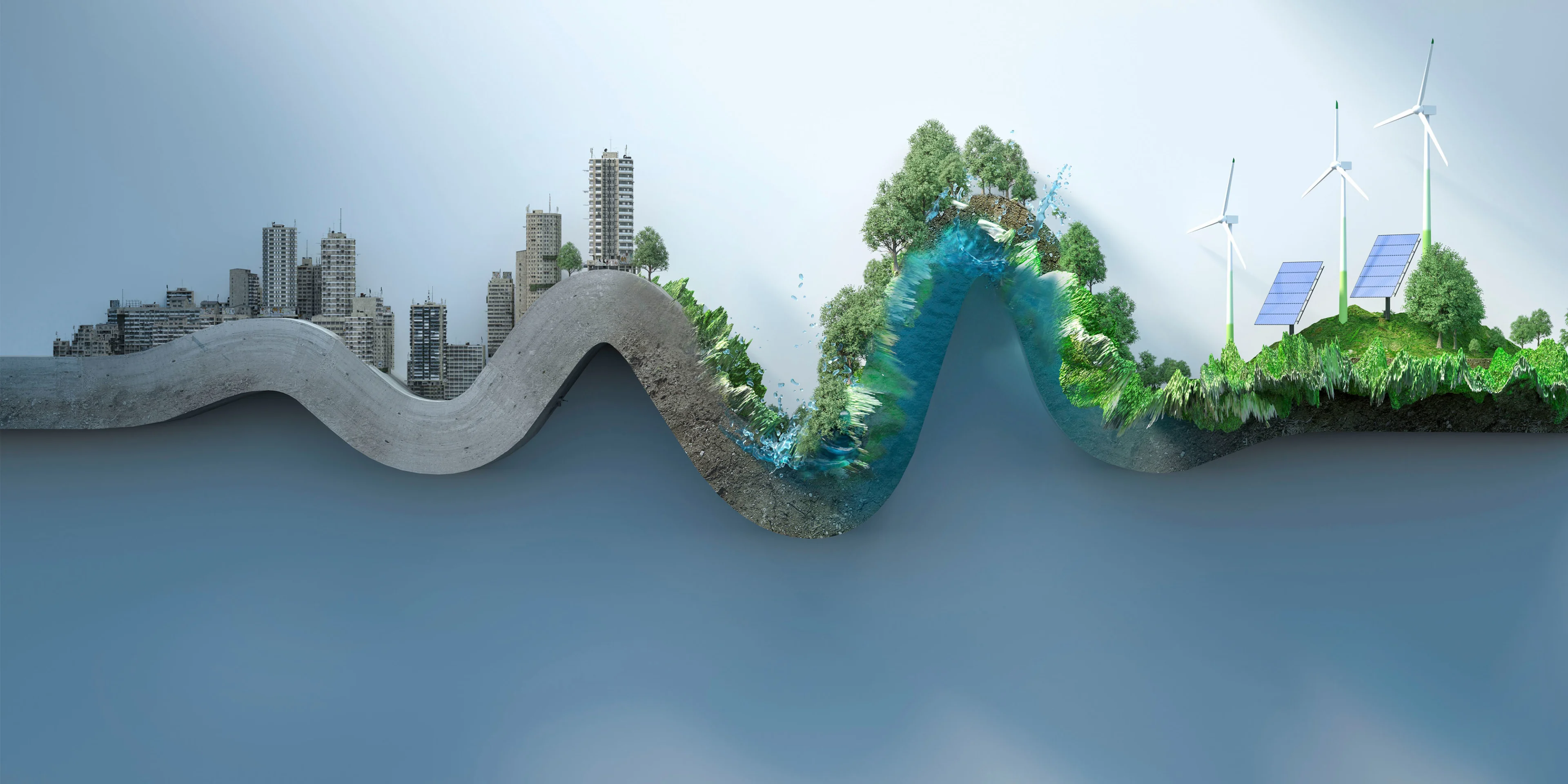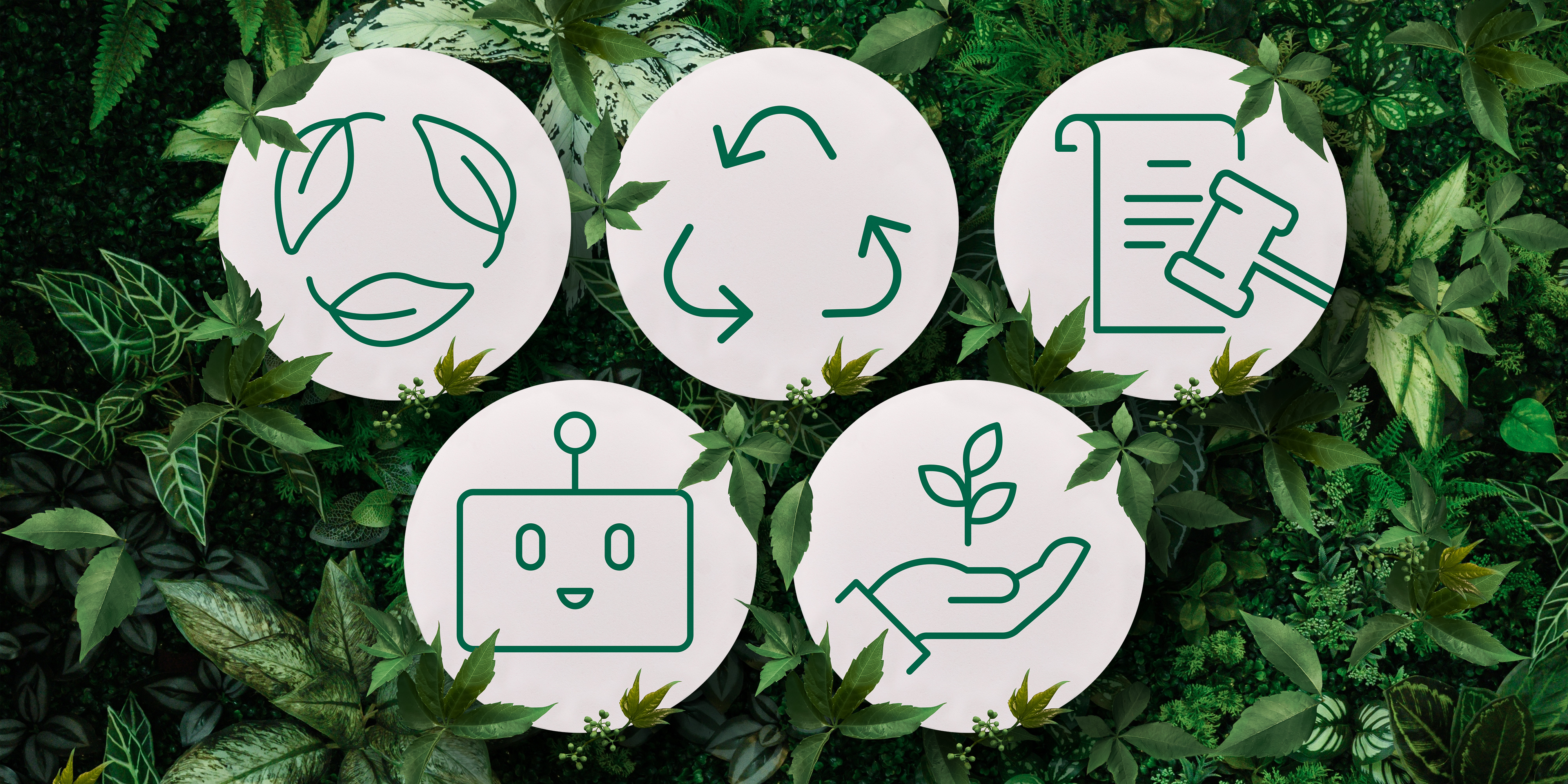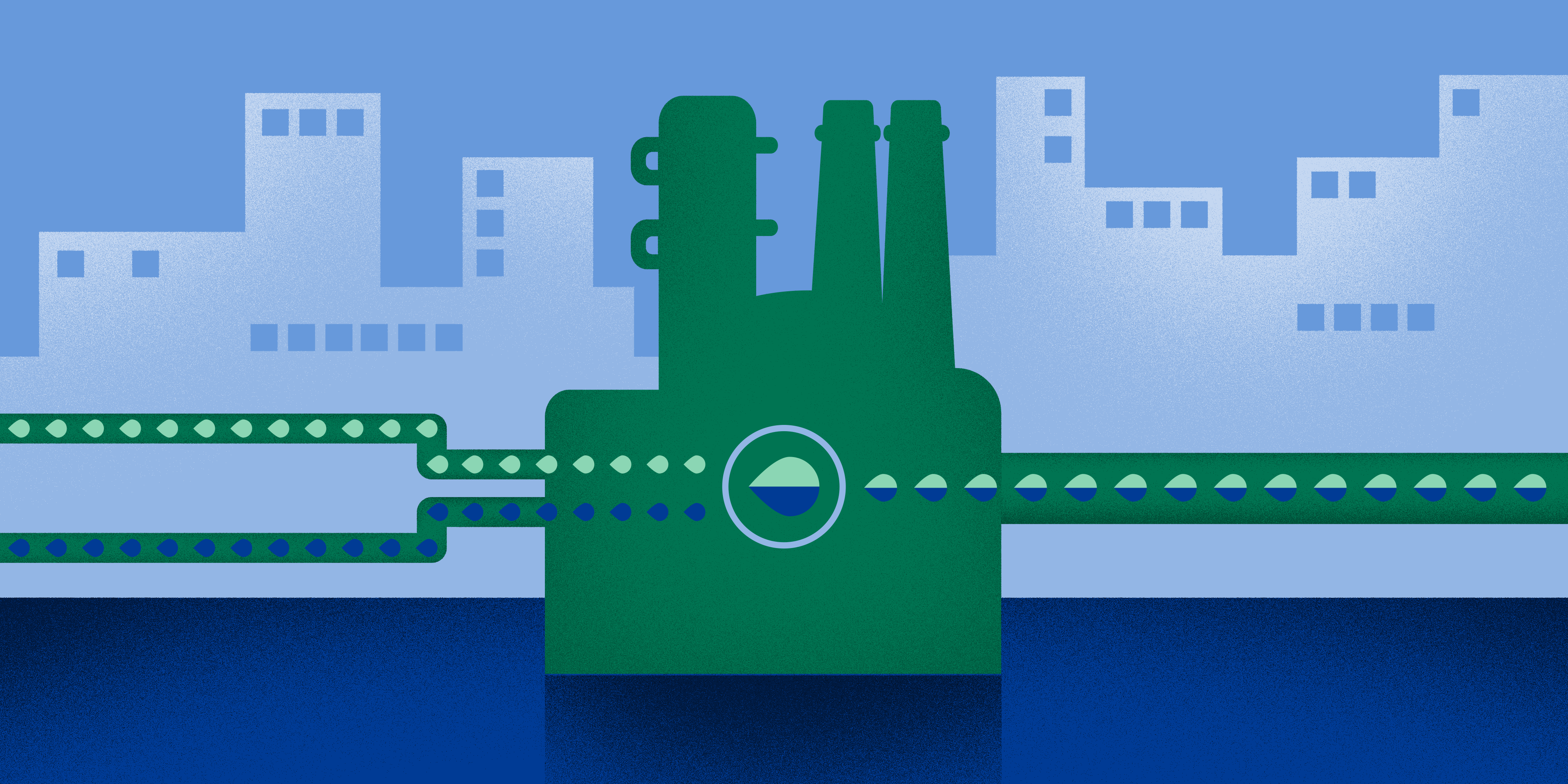
Sustainability
5 minute read
Sustainable Development Goals: What are they and are we on track?
In 2015, the United Nations’ Sustainable Development Goals (SDGs) were adopted by 193 countries who sit in the UN General Assembly. Ever since then, they have acted as a north star for businesses, governments, and organizations in our quest to make our planet a better place. Let’s take a look at what progress has been made, as well as the continuing value of the SDGs in a changing world.
What are Sustainable Development Goals?
The UN’s Sustainable Development Goals form the backbone of the Agenda 2030 for Sustainable Development.With 169 targets across 17 interlinked objectives, they were designed to ensure that our planet is peaceful, prosperous, and safe for all people. The goals cover all manner of objectives from eradicating poverty to ensuring everyone has access to clean water and sanitation, as well as reducing inequality and providing affordable clean energy.
“A big part of their value lies in giving us a globally shared focus,” explains Merolyn Whitaker, Chief Operating Officer of the University of Oxford’s SDG Impact Lab. “My personal view is that the real function of the SDGs is to create a common language as we work towards goals we all share. They aren’t perfect but, if we don’t have goals to help us move us forward, we have no way of measuring success.”
Over halfway there – is the Agenda 2030 for Sustainable Development on track?
It has been nearly 10 years since the SDGs were adopted, and we are beyond the halfway point from when they were tabled, to the target delivery date of 2030.
“Are we on track to meet the targets we set?” asks Whitaker. “No, not remotely, because they’re huge. The SDGs provide a vision of a perfect world, which is something we should certainly strive towards, even if it’s not something we can realistically achieve. Rather than measuring whether we’re on track to meet them, we should focus on the positive progress we’ve made in implementing the principles behind the SDGs.”
“What we should focus on is to keep taking the steps to move forward. Some sort of recalibration is probably needed,” agrees Senja Kuokkanen, Sustainability Reporting and Engagement Lead at Neste, a global leader in the field of renewable diesel and sustainable aviation fuel. ““As the deadline approaches, we need to strive towards aspirational goals and embedding these into company processes and ways of working. The better we do this, the better we can make progress in areas like human rights, due diligence, incorporating responsible business strategies, and designing supplier codes of conduct. These will become the foundations on which we can build.”
“When companies take care of the details at a micro level, this helps pave the way for the bigger picture – in this case our wider aspirations and the UN’s SDGs,” Kuokkanen adds.
SDGs in the face of unprecedented global challenges
The ongoing political and geopolitical conflicts, the energy crisis, extreme climate events, and the continuing post-pandemic economic recovery: it’s clear that we face more challenges now than at any time in our recent past. In times of global turmoil, national priorities tend to take precedence and it can be easy for joint initiatives like the SDGs to take a back seat.
A political forum convened by the UN in 2023 painted a bleak picture of weak or insufficient progress on 50% of the SDGs, while 30% had stalled or reversed, largely driven by the conflict in Eastern Europe and the ongoing COVID-19 recovery.
"Under the current global circumstances, it is understandable but unfortunate that the SDGs may not be at the forefront of people's minds,” Kuokkanen adds.
On this basis, UN Secretary-General António Guterres has called for a Rescue Plan for People and Planet to re-energize pursuit of the SDGs.
On the whole, this means countries prioritizing goals that align with their circumstances. Indeed, countries are encouraged to take a tailored approach, focusing on achievable socio-economic subsets of the main SDGs, improving data collection, periodically adapting their strategies, and increasing global communication and cooperation.
“This is a pragmatic approach, which is important because it allows us to focus on specific areas that have the greatest potential for impact, and ensures we continue meaningful progress towards SDGs,” Kuokkanen explains.
Are Sustainable Development Goals still relevant?
Despite the challenges we face, both Kuokkanen and Whitaker agree that SDGs remain an important catalyst for global change.
With the continued relevance of Sustainable Development Goals in no doubt, the key message is this: every step forward counts, and it is this continued progress in every shape and form that needs to be fostered and celebrated. It is with this in mind, that Whitaker is now advocating for leaner SDG reporting requirements to empower people within organizations to enact change without being hampered by bureaucracy.
“We must focus on where we can make the most impact,” Kuokkanen concludes. “And in the long run, we must ntt lose sight of the fact that we share a common goal for a more sustainable planet. The SDGs as a whole must remain our north star to help us get there.”
Read more about how Neste contributes to Sustainable Development Goals
SDG Flag Day is celebrated on 25 September
SDG Flag Day is a global flag campaign held on the anniversary of the UN Sustainable Development Goals on September 25th.
Thousands of companies and other actors show their commitment to the UN Sustainable Development Goals, promote sustainable development and increase awareness of Agenda 2030. At the core of the Agenda are 17 Sustainable Development Foals (SDGs), which guide global action on sustainable development until 2030.
#SDGFlagDay #TogetherForTheSDGs
Credits:
Liam McCann, a freelance writer and sub-editor for The Daily Telegraph, and has written dozens of articles on sustainability in the automotive and transport sectors in particular.





